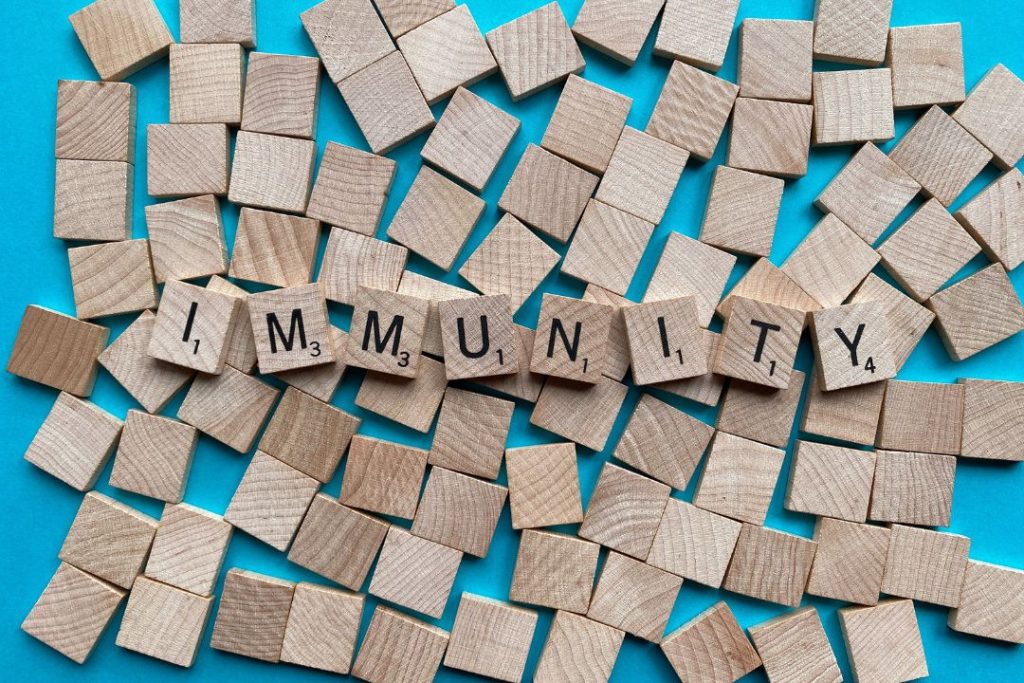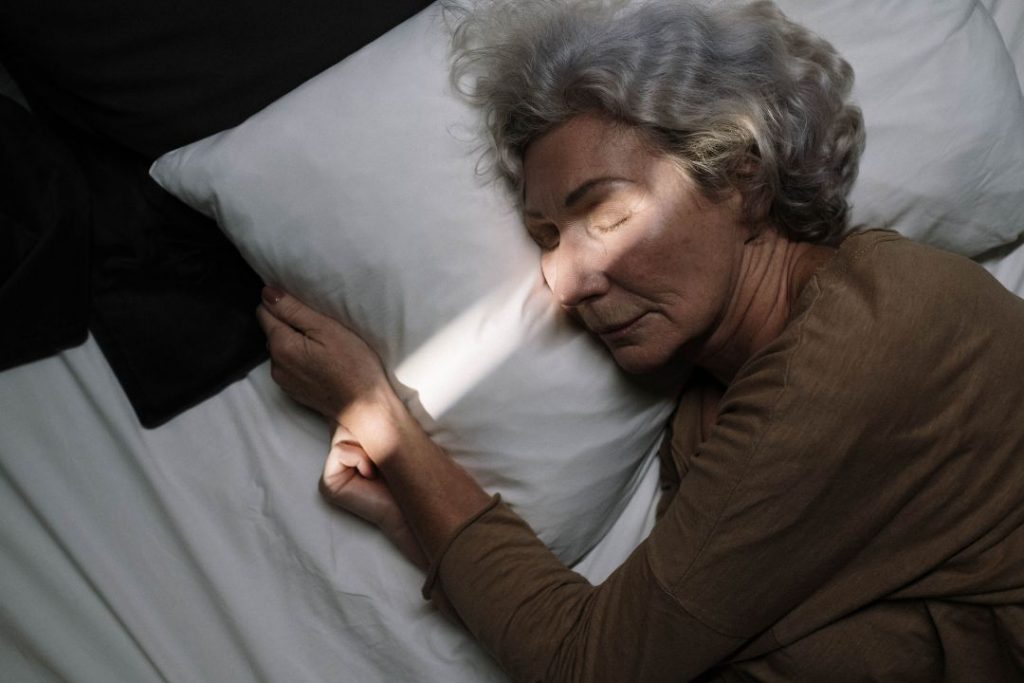As we age, maintaining a robust immune system becomes increasingly crucial. For active adults living in age-restricted and 55+ communities, understanding how aging affects immunity can help adopt strategies to stay healthy and vibrant. Here’s a deep dive into the interplay between aging and the immune system and how you can navigate these changes in various active lifestyle communities.
Understanding the Aging Immune System
The immune system is critical in defending the body against infections and diseases. However, as we age, several changes in the immune system can impact its effectiveness.

- Decreased Immune Response: Our immune response tends to weaken as we age. This means that older adults may be less able to fend off infections and experience longer recovery times. In active adult communities, staying vigilant and proactive about health is essential to counteract these changes.
- Increased Inflammation: Chronic low-level inflammation, often called “inflammaging,” is common in older adults. This increased inflammation can contribute to various age-related diseases. Engaging in activities that promote anti-inflammatory responses, such as regular exercise and a balanced diet, can be beneficial.
- Diminished Immune Cell Function: Aging affects the production and function of immune cells. For example, the production of T-cells and B-cells, crucial for immune responses, declines with age. This decline can impact the body’s ability to respond to new infections or vaccinations.
Strategies to Boost Immunity in Active Lifestyle Communities
Active adult and 55+ communities often provide the perfect setting for maintaining and enhancing immune health. Here are some practical tips to keep your immune system strong:
- Engage in Regular Physical Activity: Physical exercise is one of the best ways to boost immune function. Communities with golf courses, fitness centers, and walking trails offer great opportunities to stay active. Regular exercise helps improve circulation, reduce inflammation, and enhance overall immune function.
- Eat a Balanced Diet: Nutritional choices significantly affect immune health. Incorporate a variety of fruits, vegetables, lean proteins, and whole grains into your diet. Communities with access to fresh produce or organized meal plans can support healthy eating habits.

- Stay Socially Connected: Social interaction can positively impact mental health and, by extension, immune function. To stay engaged and supported, participate in community activities, join clubs, or attend social events in your community.
- Prioritize Preventive Healthcare: Regular check-ups and vaccinations are essential for maintaining good health. Ensure you are up-to-date on recommended vaccinations and have regular health screenings to catch potential issues early.
- Manage Stress: Chronic stress can weaken the immune system. Explore stress-reducing activities such as yoga, meditation, or hobbies that bring joy and relaxation. Many active adult communities offer wellness programs that can help manage stress effectively.
- Get Adequate Sleep: Quality sleep is vital for a healthy immune system. Aim for 7-9 hours of sleep per night to support immune function and overall well-being. Many communities have resources or activities designed to promote restful sleep.

Conclusion
Aging comes with challenges, but understanding how it affects your immune system can help you take proactive steps to maintain your health. For active adults living in various communities—whether it’s a golf course community, a waterfront community, or a maintenance-free rental—integrating healthy lifestyle practices can significantly enhance your quality of life.
By staying active, eating well, engaging socially, and managing stress, you can support a robust immune system and enjoy the vibrant, fulfilling life you deserve in your age-restricted or 55+ community. Embrace these strategies and continue to thrive in the golden years of your life.




